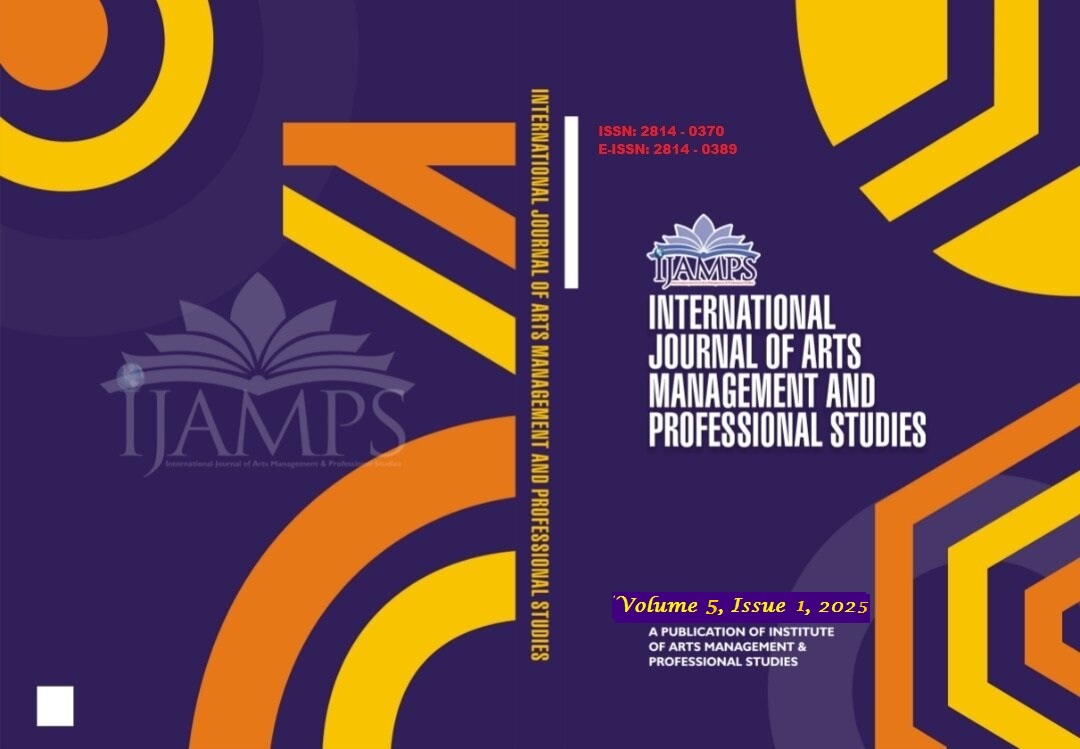
THE NEXUS BETWEEN PRINCIPALS’ SOCIAL INTELLIGENCE SKILLS AND ADMINISTRATIVE EFFECTIVENESS IN PUBLIC SECONDARY SCHOOLS
Obona, Edut Egbe; Uguba, Chinyere Otuu2; Otuu, Clinton Okoche3;& Ejom Susan Ikana4 1Email: Edut4life@gmail.com (Phone: +2348036284387) Orcid Id: Https://orcid.org/0000-0002-7227-9085Department Of Educational Management, Faculty Of Educational Found
Volume 5, Issue 1, March 2025
This study examined the nexus between principals’ social intelligence skills and administrative effectiveness in secondary schools in Ikom Education Zone, Cross River State, Nigeria. Specifically, the study sought to find out the relationship between principals’ conflict management skills, principals’ social skills, and administrative effectiveness. Two null hypotheses guided the study. Correlational survey design was adopted. The study population comprised all the 112 principals in public secondary schools in Ikom Education Zone. Census method was adopted to involve all the principals in the study. An instrument titled “Principals’ Social Intelligence Skills and Administrative Effectiveness Questionnaire (PSISAEQ)” was used for data collection. It was structured on a four-points rating scale of Strongly Agree (SA), Agree (A), Disagree (D) and Strongly Disagree (SD) weighted 4, 3, 2 and 1 respectively. Its validity was determined by three experts from the Department of Educational Management and, the Department of Educational Foundations (Measurement and Evaluation Unit), faculty of Educational Foundations Studies, University of Calabar. The Cronbach alpha was used to determine the reliability of the instrument which yielded the coefficient values of 0.82 and 0.85 respectively. Scatter Plot was used to answer the research questions while the null hypotheses were tested at .05 level of significance, using Pearson Product Moment Correlation analyses. The result revealed a statistically significant relationship between principals’ conflict management skills, principals’ social skills, and administrative effectiveness. The study concluded that there is a statistical relationship between principals’ social intelligence and administrative effectiveness in public secondary schools in Cross River State, Nigeria.These results underscore the pivotal role of interpersonal competencies in fostering effective school administration. Principals with well-developed conflict management and social skills demonstrate the capacity to resolve disputes, build trust, and promote collaboration, thereby creating a conducive environment for teaching and learning. It was recommended that educational policymakers should integrate targeted training on conflict management and social skills into ongoing professional development programs for school principals.